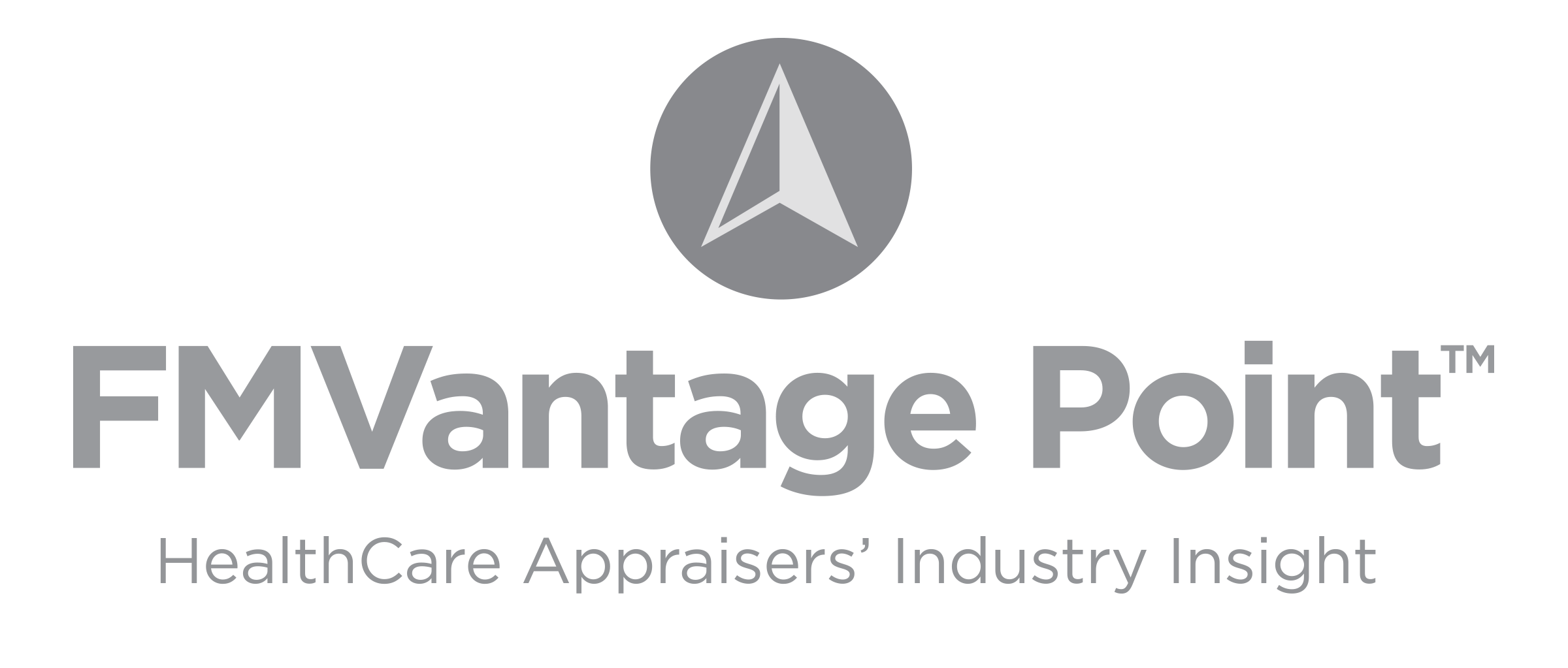Author: Andrea M. Ferrari, JD, MPH

On January 5, 2018, the Office of Inspector General of the United States Department of Health and Human Services (“OIG”) posted a new Advisory Opinion addressing a proposed physician gainsharing arrangement. This Advisory Opinion, No. 17-091, is the first time that the OIG has opined on any specific physician gainsharing arrangement since the Medicare Access and CHIP Reauthorization Act modified the Gainsharing Civil Monetary Penalties Law (the “Gainsharing CMP”) in 2015.
Advisory Opinion 17-09 addresses an arrangement under which neurosurgeons have agreed to implement cost reduction measures in designated surgical procedures performed at a medical center, and under which the medical center has agreed to share with the neurosurgeons a percentage of the medical center’s cost savings achieved from these measures. In Advisory Opinion 17-09, the OIG concludes that, based on review of the facts presented and certified by the requestor of the opinion, it will not impose sanctions under the Gainsharing CMP or the Federal Anti-kickback Statute (the “AKS”) related to this particular arrangement, even though such arrangements in general implicate both the Gainsharing CMP and the AKS.
The pivotal considerations underlying the OIG’s determination that it will not pursue sanctions include several related to the structure and details of the payment arrangement between the medical center and the neurosurgeons. To the extent that these considerations are instructional of what the OIG may deem reasonable in post-MACRA gainsharing arrangements, they may serve as the basis for selecting the terms and amounts of gainsharing payments in future arrangements between other parties. As with previous OIG Advisory Opinions regarding gainsharing arrangements2, they may also significantly influence what constitutes a fair market value (“FMV”) and commercially reasonable payment in the context of physician gainsharing. Since gainsharing arrangements must generally fit within an exception to the Stark Law, and since many of the potentially applicable exceptions require that the amounts paid be FMV and that the arrangement be commercially reasonable, we believe that the OIG’s considerations are worthy of note for our clients, who are increasingly considering gainsharing as a means to align hospital personnel and physicians in efforts to control costs.
The pivotal considerations related to payment terms and amounts include:
- The method of determining base year costs;
- The method of calculating savings from base year costs, including consideration for the added cost of a third party program administrator to oversee administration of the arrangement;
- Rebasing of costs if the arrangement will continue for multiple years;
- The nature of activities that must be performed to achieve the target cost savings;
- Limits on physician gainsharing payments, including floors and ceilings for eligible cost savings and payments; and
- Eligibility and calculations for payment distributions to individual participating physicians.
FMV Pitfall: When it comes to gainsharing, the devil or saving grace may be in the details. To ensure that payments are FMV and commercially reasonable, parties should give thought to: (1) the methods that are to be used to determine baseline costs and achieved savings; (2) the costs of the gainsharing arrangement, including the cost of a program administrator to oversee the arrangement; (3) the timing and nature of rebasing in multi-year arrangements; (4) the specific actions or activities that are required to achieve the target cost savings; and (5) appropriate limits to the gainsharing payments, including floors and ceilings for aggregate payments, restriction of the cases that are eligible for consideration under the arrangement, and criteria and calculations for payments to individual participating physicians.
1 Advisory Opinion 17-09 was issued December 27, 2017 (making it a 2017 Advisory Opinion). However, it was not posted for public view until January 5, 2018.
2 There have been 14 previous OIG Advisory Opinions regarding gainsharing arrangements.
